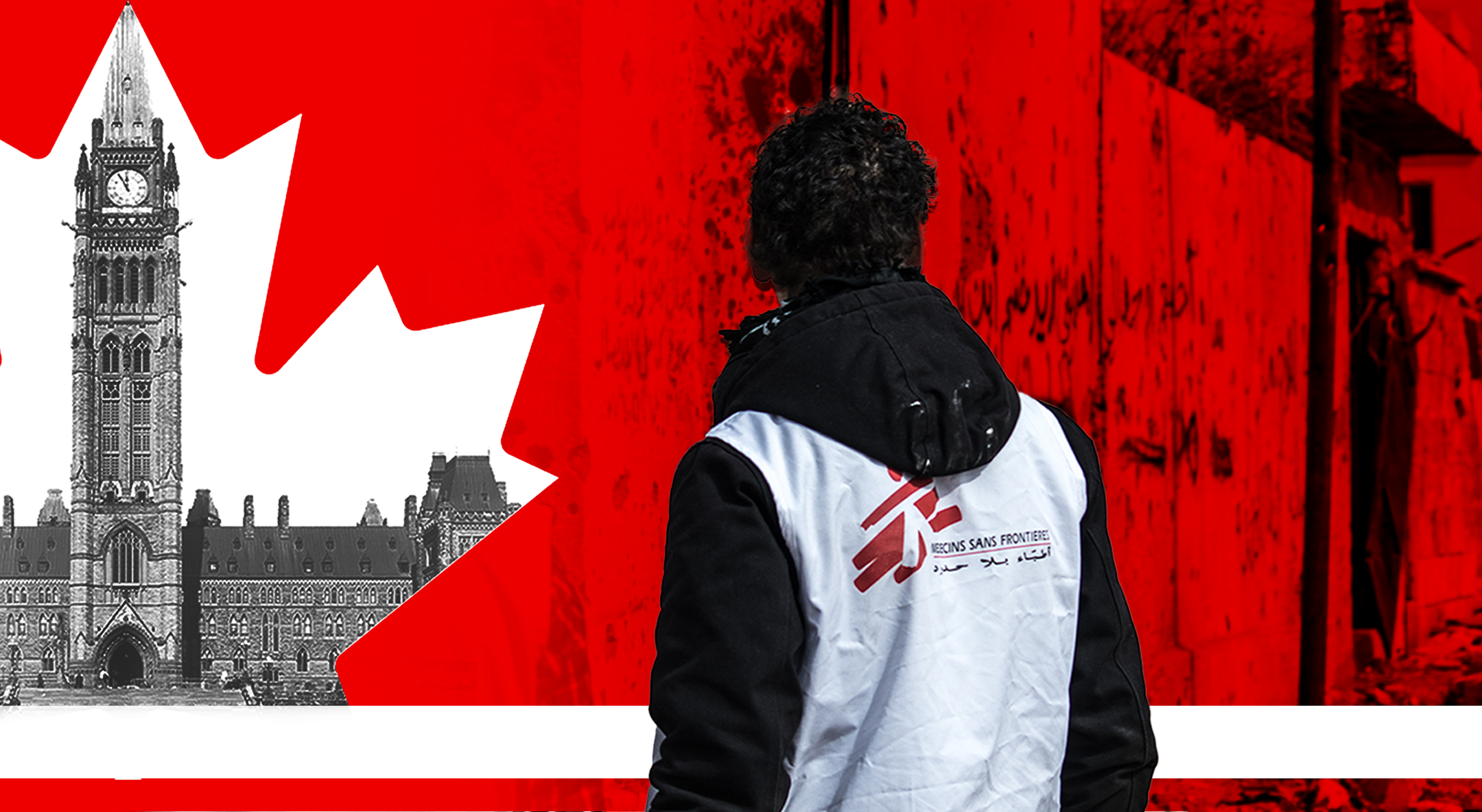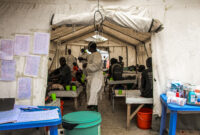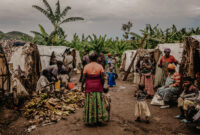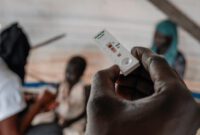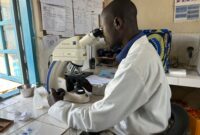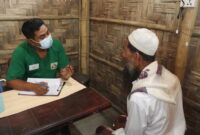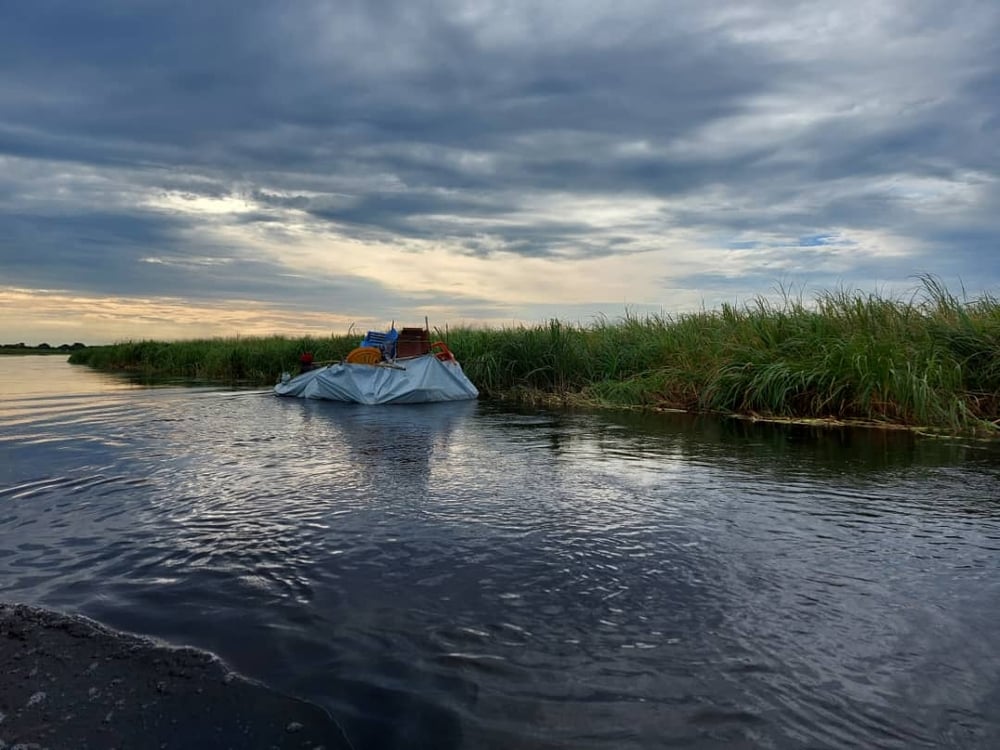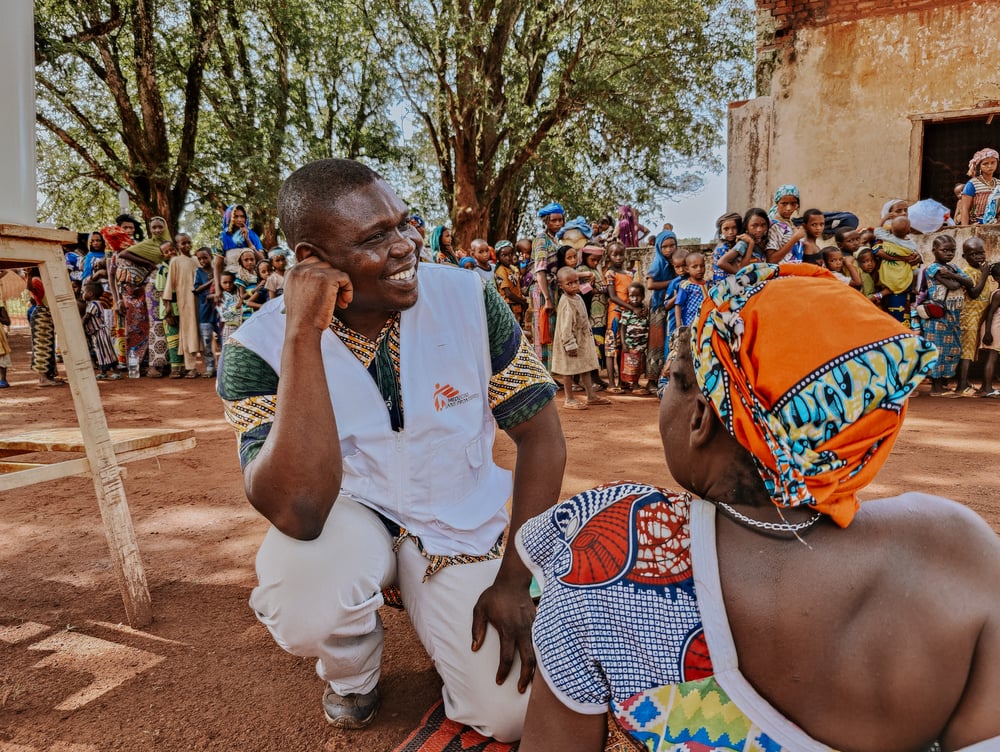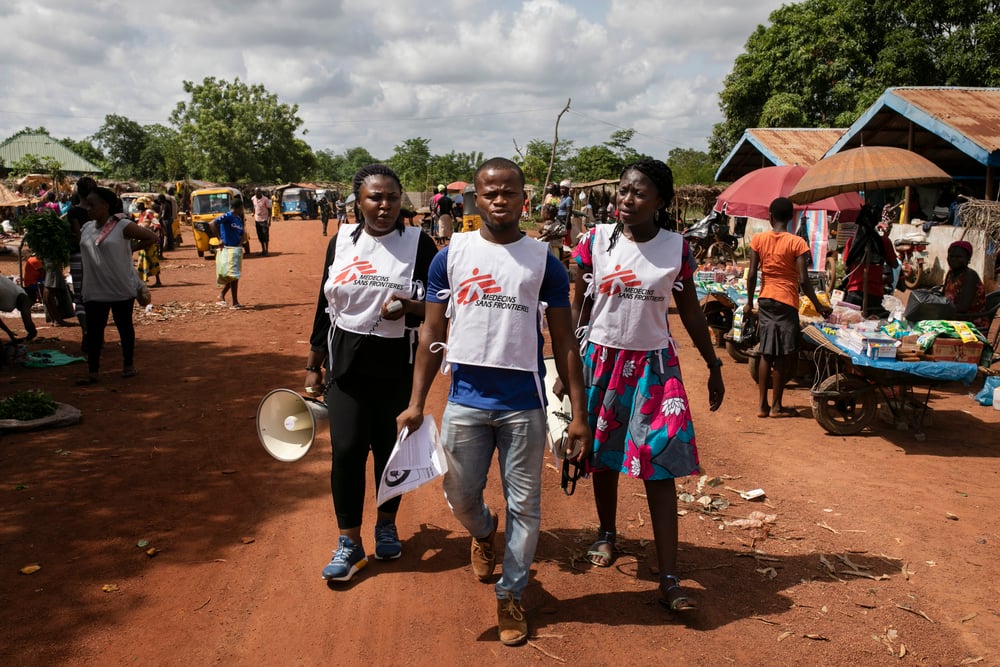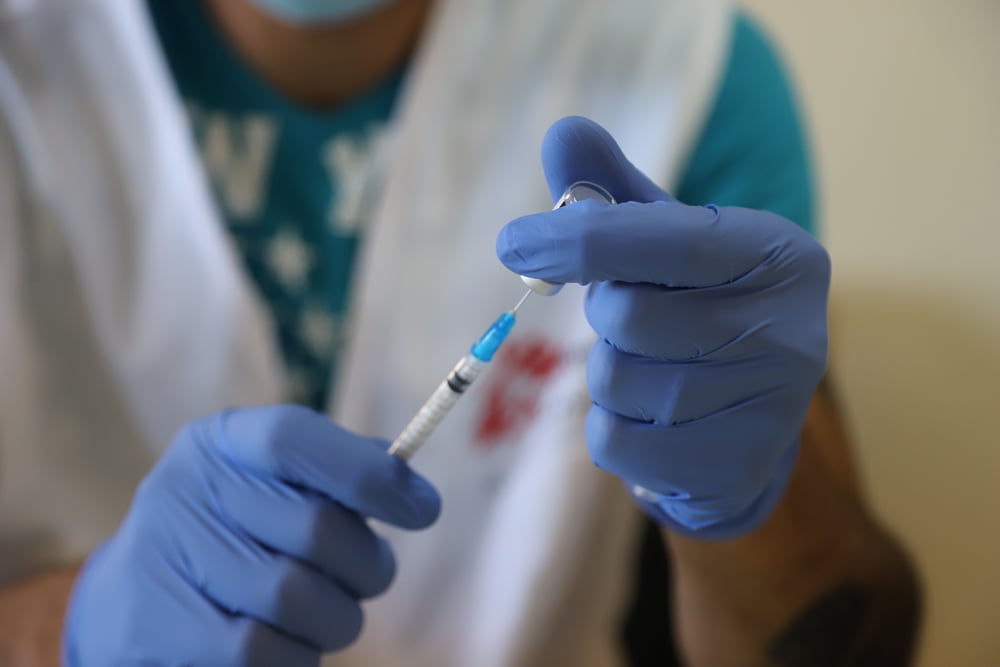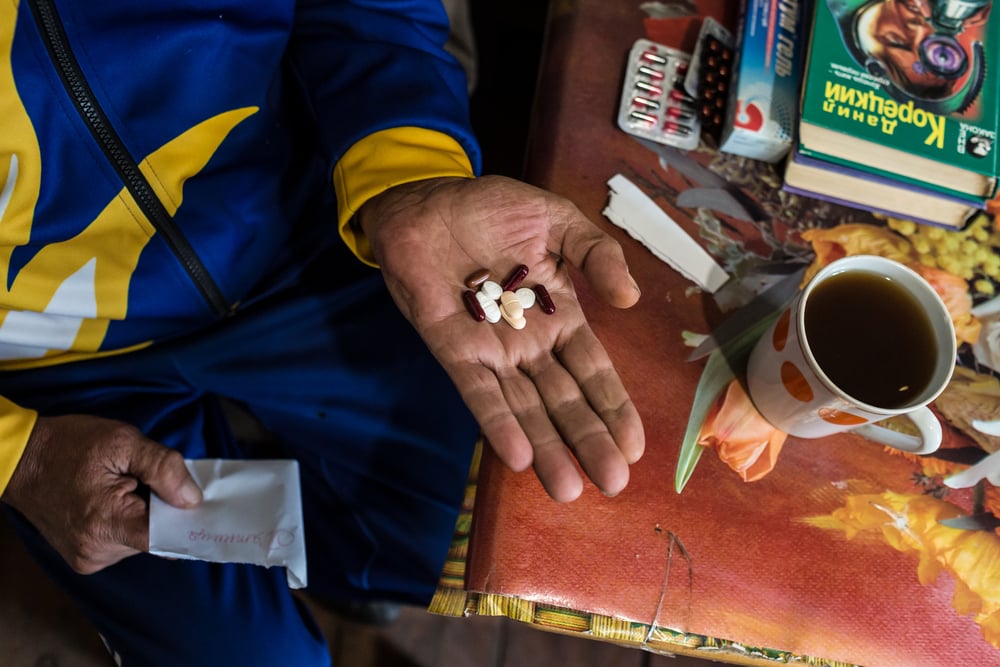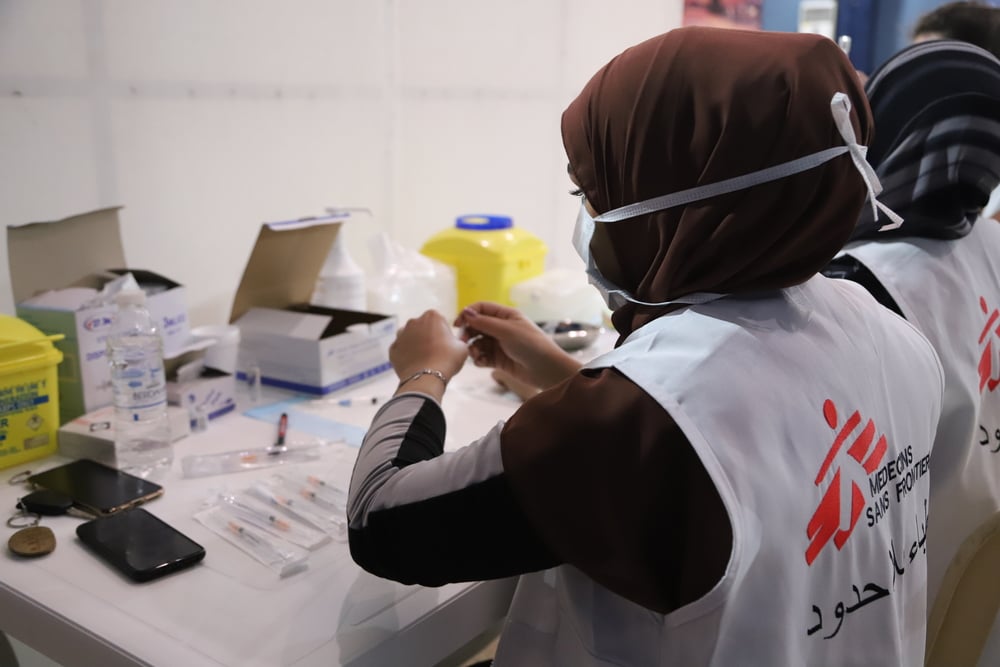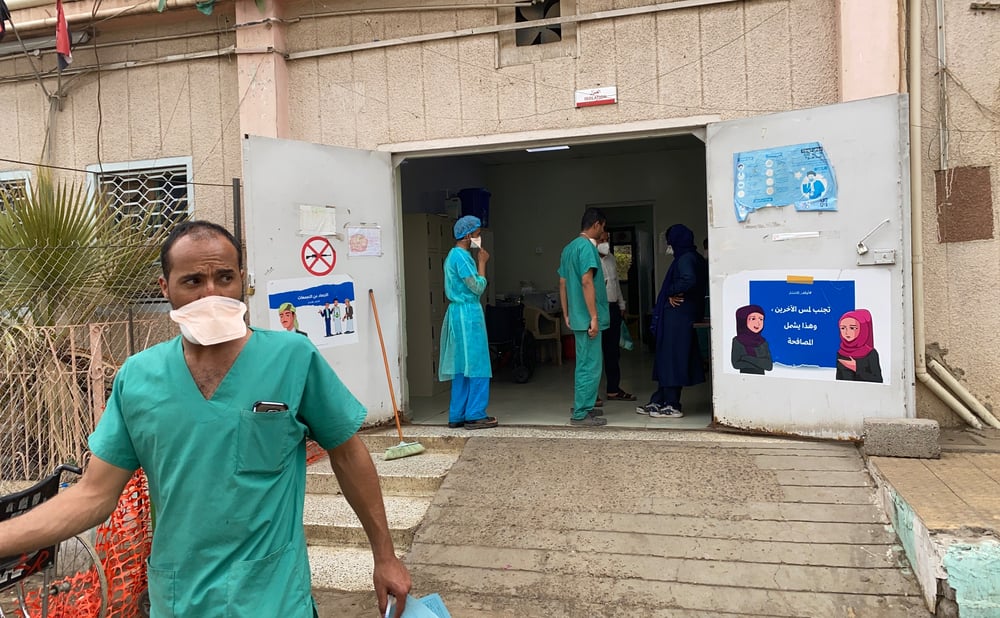Investing in Humanity: Why Canada must prioritize humanitarian assistance
MSF urges the Canadian government to prioritize international assistance in the 2026 federal budget.
What better return on investment is there than supporting lifesaving services for people affected by humanitarian crises? For Doctors Without Borders/Médecins Sans Frontières (MSF), this is a rhetorical question, as we prepare our pre-budget submission to the Government of Canada before they determine their priorities for the 2026 federal budget. Inside, we, highlight the importance of lifesaving humanitarian assistance, as well as ensuring that medicines and health technologies reach everyone who needs them.
Unfortunately, our submission comes as many donor countries are cutting back on international assistance. While the drastic cuts made by the United States, and their impacts, have attracted the most attention, many high-income countries – from major contributors like France, Germany and the UK, to other countries like Finland and the Netherlands – , have also recently cut aid.
While this has created considerable challenges, it also means Canada has the opportunity to assert the global leadership role it says it aspires to, particularly in humanitarian settings where the need is most critical. MSF welcomed Canada’s increase in humanitarian assistance in the 2024-2025 budget; it is time to do so again in the face of ongoing need, now being met with fewer global resources.
Canada has a long history as one the world’s leading international assistance contributors. But at the same time, it has never lived up to its full potential. This gap is exemplified through its record on the UN-endorsed target of contributing 0.7 per cent of Gross National Product (GNP) Official Development Assistance . This number originates from a 1969 report by the Commission on International Development, more commonly known as the Pearson Commission after its chair, the former Canadian Prime Minister, Lester B. Pearson. In the past half century, only a handful of countries have reached this target even once, let alone consistently. Despite Pearson’s key role in establishing this figure, and and repeated statements from Canadian governments in the decades since asserting Canada’s role as a positive force on the global stage , Canada has never reached the 0.7 per cent target. In fact, in recent years Canada has only contributed about half that amount.
Humanitarian funding only makes up a portion of Official Development Assistance, but in turn it is one whose lifesaving outcomes are most immediate. That’s why, in our pre-budget submission, we call upon Canada to maintain or increase its humanitarian funding from the peak level of $1.3 billion allocated back in2022-2023 . This level of humanitarian funding is absolutely vital to help meet the needs of people affected by acute emergencies including conflict, displacement and disasters around the world; any delay or reduction can have serious or even deadly consequences.
Similarly, global health partnerships Canada has long played a key role in supporting are also suffering the effects of funding cuts, with severe consequences for people in some of the world’s most vulnerable circumstances. Consider Gavi, the Vaccine Alliance, a cornerstone of global vaccination efforts. In 2025, major donors like the UK have cut their contributions to GAVI, while the USA has withdrawn its support entirely. Nonetheless, some countries have gone against this trend – Canada’s sizeable commitment earlier this year among them. While these new commitments will not completely fill the funding gap, they will save lives, including in humanitarian settings where vaccine access is vitally important to help prevent deadly outbreaks.
Even before crafting its next Federal budget, Canada has a similar opportunity in the current funding replenishment cycle for The Global Fund to Fight AIDS, Tuberculosis and Malaria. As MSF knows firsthand, cuts to the Global Fund will have devastating consequences, leaving people unable to access lifesaving medicines. In 2022, Canada stepped up with a major increase in its funding to the Global Fund – it needs to similarly show leadership in 2025.
But stepping up goes beyond writing cheques. For instance, Canada should use its position as a major donor, including its current seat on the Global Fund board, to help shape the market for the products purchased by the Global Fund. Making medicines and other important tools like diagnostic tests more affordable will also ensure they reach more of the people who need them.
It is true that Canada cannot fill all the funding gaps on its own. It can, however, use its wits as well as its wallet to make the profoundly Canadian investment of supporting people facing crises.
